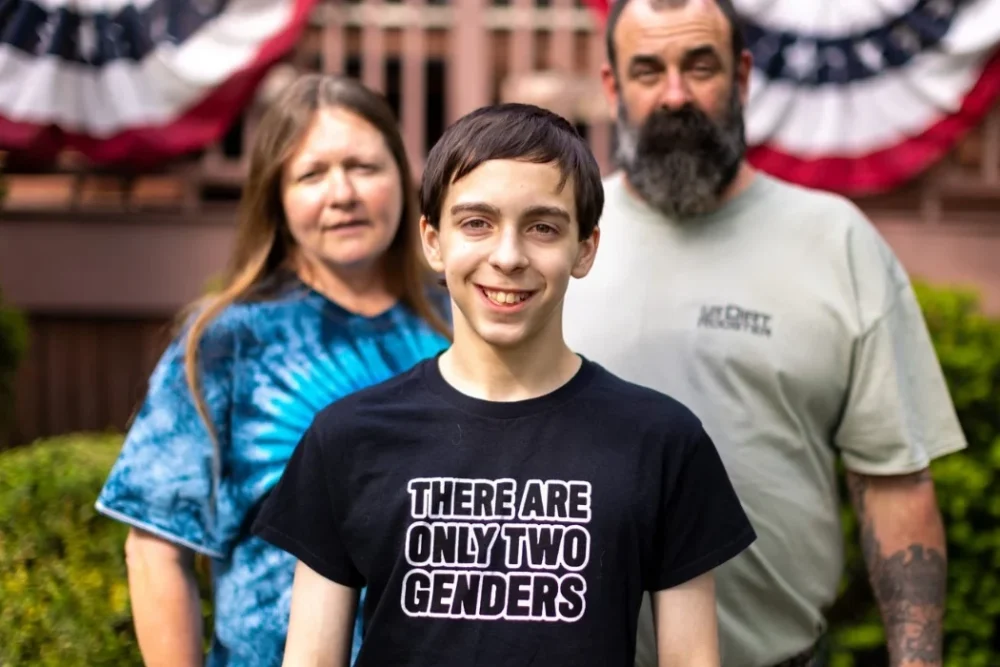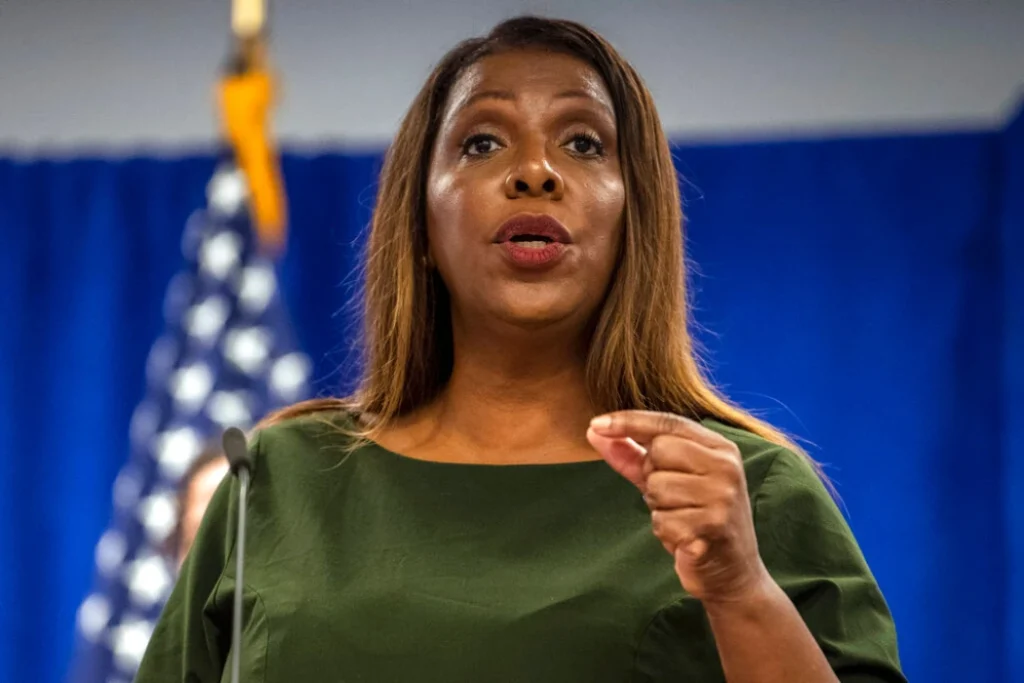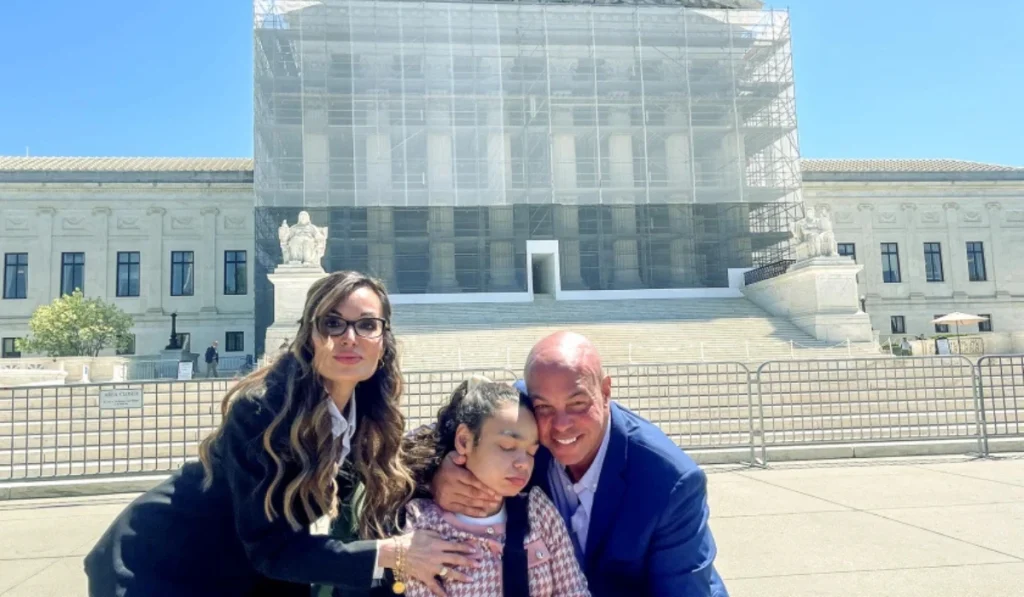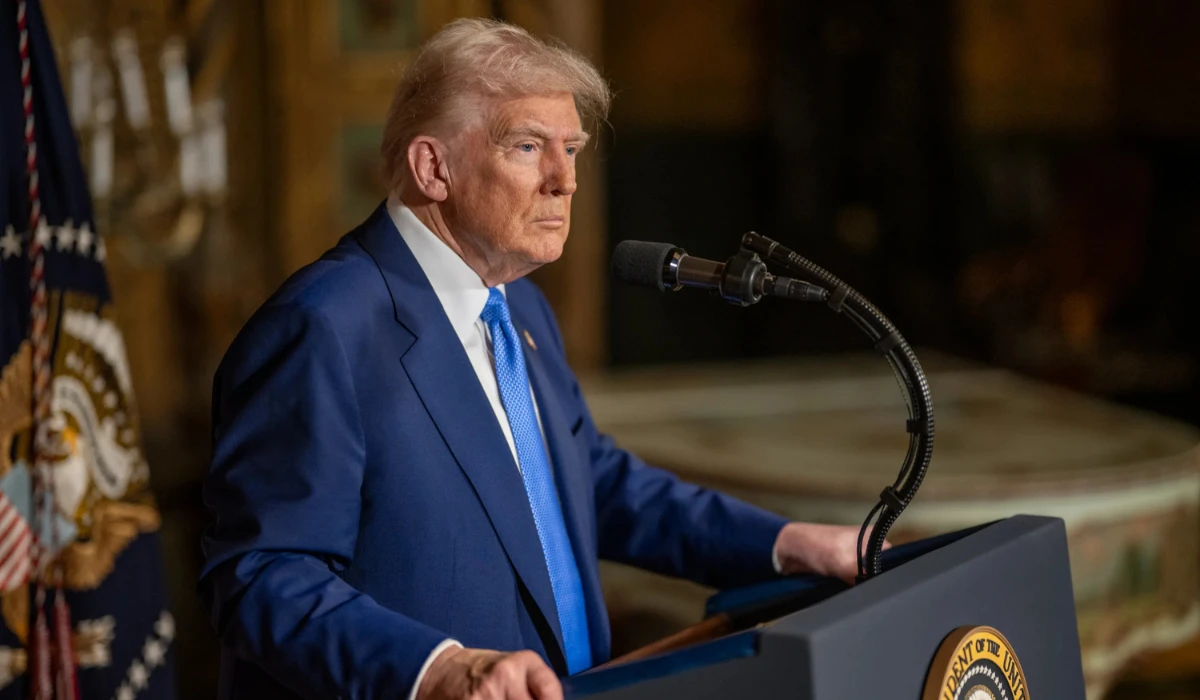The U.S. Supreme Court has declined to hear the case of Liam Morrison, a middle school student in Massachusetts who was blocked from wearing a T-shirt that read, “There Are Only Two Genders.” The decision not to take up the case, known as L.M. v. Town of Middleborough, upholds the lower court ruling in favor of the school district and prevents a crucial First Amendment debate.
Liam was a seventh grader at Nichols Middle School in Middleborough, Massachusetts, when he wore the shirt in question in 2023. According to court documents, Liam said he chose the shirt as an expression of his belief in traditional gender identities and to challenge views related to LGBTQ+ issues within public schools.
School administrators asked him to remove the shirt, insisting that it caused discomfort among some students and violated the school’s dress code, which prohibits clothing that “target[s] groups based on race, gender, ethnicity, religion or sexual orientation.” Liam declined to change and was sent home.
Liam’s attorneys, backed by conservative legal group Alliance Defending Freedom (ADF), filed a federal lawsuit arguing that the school had infringed upon his First Amendment rights.
In December 2023, the First Circuit Court of Appeals upheld the school’s decision, ruling that the shirt’s message could damage the safety and dignity of transgender and nonbinary students. In the decision, Judge David Barron wrote that schools have an obligation “to preserve a learning environment where all students feel safe and included.”
The ruling drew praise from LGBTQ+ rights organizations. “This isn’t about silencing opinions, it’s about protecting students from language that denies their identities,” said Kasey Suffredini, Vice President of Advocacy and Government Affairs at The Trevor Project, a suicide prevention organization for LGBTQ+ youth. “No student should feel attacked or invalidated at school.”
While the majority of the justices agreed not to take up the case, Justice Samuel Alito issued a strongly worded dissent. “The message on petitioner’s shirt may be unpopular in some of the communities served by public schools, but that is no ground for suppressing it,” Alito wrote. “A school may not engage in viewpoint discrimination when it regulates student speech.”
Alito’s dissent raised alarms among some educators. “Teachers and administrators are being forced to make decisions without consistent guidance, knowing that the next lawsuit could be around the corner,” said Francisco Negrón Jr., former chief legal officer of the National School Boards Association.
Legal experts point to the landmark Tinker v. Des Moines (1969) ruling, which affirmed that students do not “shed their constitutional rights to freedom of speech or expression at the schoolhouse gate.” But Tinker also allowed restrictions if the speech “materially and substantially interferes” with the operation of the school. Whether Morrison’s shirt met that threshold remains disputed.
“This could’ve been the next big student rights case of our generation,” said Ken Paulson, director of the Free Speech Center at Middle Tennessee State University. “Instead, we have a void, and schools are left trying to interpret what ‘inclusive learning environment’ really means in practice.”
This case may have ended quietly, but without federal clarity, students, teachers, and families are left walking the tightrope.





